![]()
» Zarif’s Upper Hand over Tillerson
This editorial focuses on the necessity of dialogue between Iranian Foreign Minister and U.S. Secretary of State on sidelines of the 72nd annual session of the UN General Assembly in New York.
The editorialist holds that Foreign ministers of Iran and the P5+1 are supposed to discuss JCPOA on the sidelines of the UN General Assembly this week. Compared to the first round of negotiations in 2013, positions of Iran and the U.S. have utterly changed. At the time, Iran was not only facing crippling sanctions due to Security Council resolutions but also many countries refused to have any interactions with it. This was an outcome of destructive policies by Ahmadinejad’s government.
Now, however, Mohammad Javad Zarif is meeting his counterparts at a time when Yukiya Amano, Director General of IAEA, has repeatedly asserted Iran’s compliance with JCPOA. The world also endorses Iran and seriously opposes the U.S. anti-JCPOA approaches.
Finally, the editorialist urges that Rex Tillerson’s presence in this assembly is a good opportunity for Zarif to show the legitimacy of JCPOA and its being non-negotiable not only to P5+1 but to Tillerson during a bilateral meeting. World of politics is a world of interests: There are no permanent friends or enemies, only permanent interests of countries.
An editorial in Shargh Daily on Sep. 18, 2017
» UN General Assembly: Opportunities, Potentials
This editorial, penned by Iran Foreign Ministry spokesperson Bahram Qasemi, addresses opportunities the 72nd session of UN General Assembly can provide for Iran.
The writer notes that President Rouhani and his delegation can use the UN General Assembly to present an all-inclusive defense of Iran’s national interests. First, Rouhani’s address to the assembly is a good opportunity for him to display the country’s positions on key world issues, such as the condition of Muslims in Myanmar and Palestine, as well as the necessity of a globally coordinated combat against violence and terror.
Furthermore, Rouhani’s meetings with heads of key states and FM Zarif’s meetings with his counterparts can be used to show Iran’s active diplomacy. Visiting Iranians residing in the U.S. to utilize their high potentials also matters a great deal.
Finally, the editorialist stresses that given the hostile position of U.S. current administration towards Iran, specifically regarding JCPOA and challenges in western Asia, meeting intellectuals with expertise in foreign policy is of primary importance for Rouhani. His giving interviews to powerful international media to neutralize enemies’ conspiracies should be taken into account as well.
An editorial in Iran Newspaper on Sep. 19 2017
» Iraq and Separatism: from ISIS to Kurdistan Region
This editorial deals with the consequences of the upcoming independence referendum in Iraq’s Kurdistan Region on September 25.
The writer holds that the president of Iraq’s Kurdistan Region Masoud Barzani, by promoting separatism in the most dangerous region of the world, is driving Iraq into ethnic crisis as well as a new war.
The disintegration of Iraqi Kurdistan, apart from political, social and security risks will have more complicated consequences outside Kurdistan and Iraq. Both Iran and Turkey have had friendly relations with leaders of Iraqi Kurdistan so far. For instance, when ISIS was advancing towards Erbil, Iran’s military aid to the Peshmerga (and perhaps Turkey’s behind-the-curtain advice to ISIS) made ISIS stop at the borders of Iraqi Kurdistan.
In recent days, both Tehran and Ankara have officially declared that they will not recognize Iraq disintegration as it will cause more tension in the region. The editorialist infers that Iran and Turkey, as the two countries sharing borders with the Kurdistan Region, will stand up against its separation from Iraq by using all available advantages despite the background of their political, economic and social relations with Erbil.
An editorial in Ebtekar News on Sep. 20, 2017
» And Here Comes Normalization
This editorial sheds lights on normalization policy of Hassan Rouhani’s government and its outcomes.
After four years, President Rouhani’s administration succeeded in normalizing Iran’s political-social conditions as well as reducing the chaos left from Ahmadinejad’s era. Rouhani’s policy of normalization can be seen in the ministers he chose for his cabinet: those who have the least friction with official institutions.
However, the editorialist believes, normalization can have some unwelcome consequences too. For instance, homogenizing reformists with moderate fundamentalists in Rouhani’s government might lead to reformists losing the sharpness of their political discourse. Nonetheless, the most important point of normalization policy is adopting it in economic issues. In order to prevent political controversies, productive rents need to be created which will lead to the flourishing of the economy.
The editorial ends by asserting that Rouhani’s government, which cannot criticize the status quo but should support it, has difficult days ahead. On the other hand, people– including workers who have not been paid for months, women who still have no social positions, unemployed youth who see no future for themselves– have their own demands. If the government and reformists want to have a voice in society, they have no choice but to meet those demands.
An editorial in Shargh Daily on Sep. 16, 2017
![]()
♦ Iran exports 2.6 million barrels of oil per day

Managing director of National Iranian Oil Company Ali Kardor announced currently export of crude oil and gas condensate is more than 2.6 million barrels per day in Iran, and crude oil exports will increase in the second half of this year. Ali Kardor said currently Iran’s crude oil production is 3.8 million, which will rise to 4 million barrels per day by the end of the Iranian year (March 2018).
Abrar Eghtesadi
♦ Trump after mobilizing international community against Iran
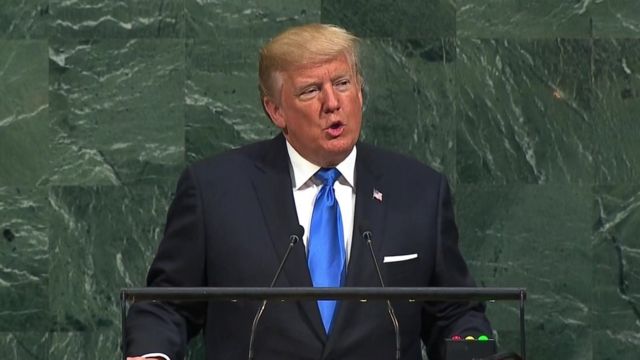
Experts hold that Trump’s aim in the issue of JCPOA is to mobilize international community against Iran. Abu Mohammad Asgarkhani, the expert in international affairs, said by bringing up the issue of terrorism, Trump is seeking to put pressure on IRGC, thus targeting Iran’s security.
Expert in international affairs Hamed Mousavi holds America is ‘after regime change in Iran’ and Trump, by bringing up new charges against Iran, is for ‘misleading the public opinion’.
Ali Bigdeli, another expert in international affairs, believes that ‘strategy of Iran phobia’ has become ‘persecuting Iran’ by using JCPOA’s tools.
IRIB news
♦ Iran-Iraq war crucial to survival of regime

Head of Iran’s Assembly of Experts Ahmad Janati said ‘imposed war’ [Iran-Iraq war], unlike many wars which create catastrophes for nations, was a source of ‘goodness and blessings’ for Iran. He added that had this war not taken place, Iranian regime couldn’t have stayed in power.
Arman daily
♦ U.S. is not ready for war
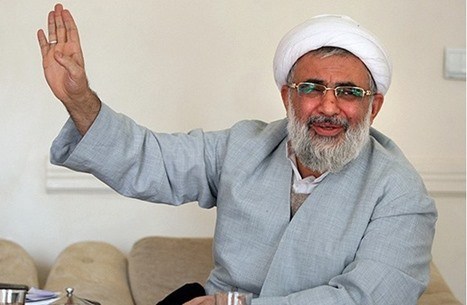
Iran’s former Intelligence Minister Ali Falahian said if U.S. was after the war, they would fight North Korea. Falahian urged that Americans are not ready for war, given the economic and political equations. He added that Americans try to always keep the ‘shadow of war over the world’, thus making the countries surrender to them.
Shargh daily
♦ IRGC fights terrorism!
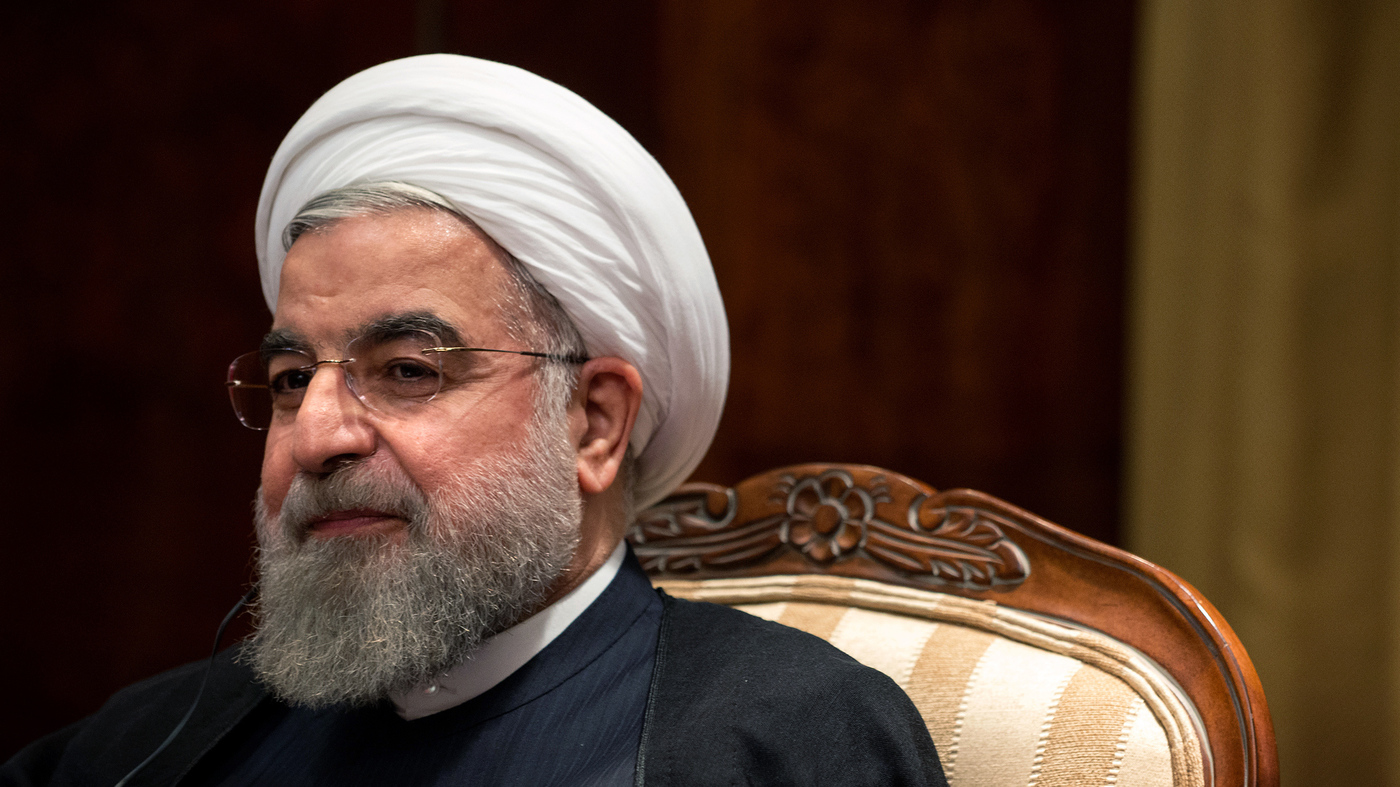
In his meeting with a number of senior managers and correspondents from U.S. public media, Hassan Rouhani said, “IRGC is a great popular and military force in our country that played a very significant role in the 8-year war [with Iraq]; today, it is playing a very effective and important role in Iran’s security and fighting terrorism not only in Iran but in Syria and Iraq.”
Tasnim news
♦ Trump’s words distorted on Iranian TV
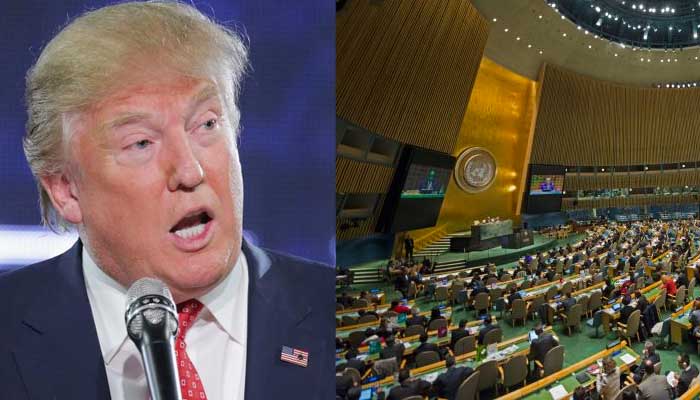
BBC Persian’s report criticized the way U.S. President Donald Trump’s words In UN General Assembly were translated on Iran’s state-run TV.
When Trump’s speech reached the issue of Iran, suddenly the translated sentences were confusingly different from Trump’s real words, says the report. For example, when Trump said: “It is time for world’s nations to confront another reckless state,” it was translated as: “We have problems with other countries.”
Or, to give another example, when Trump said: “This state, after the great U.S. forces, is scared of its own people,” it was translated as: “U.S. Army is strong. Iranian people are strong too.”
Apart from such cases of distortions, Iranian TV did not translate nearly one-third of the U.S. president’s speech about Iran at all.
BBC Persian
♦ Qassem Suleimani warns Kurdish officials
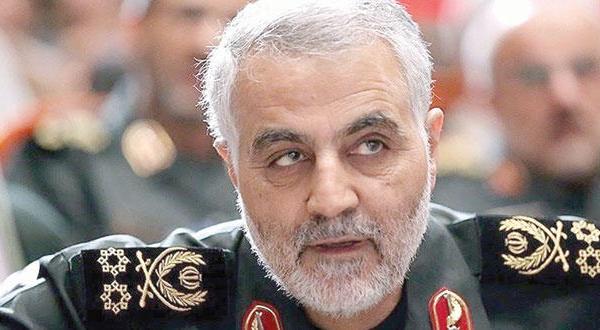
Iran and the U.S. are both against holding a referendum for independence in Iraqi Kurdistan. In past days, political and military officials of both Iran and the U.S. went to Iraqi Kurdistan to convince Kurdish officials to cancel the upcoming referendum on September 25.
Qassem Suleimani, one of the commanders of IRGC, and the U.S. officials went to Baghdad and Erbil to encourage both sides to reach an agreement.
Suleimani warned officials of Patriotic Union of Kurdistan that ‘so far, I have asked Popular Mobilization Forces not to attack Iraqi Kurdistan, but I won’t any longer.’
Sputnik news
♦ Ali Larijani visited North West border regions
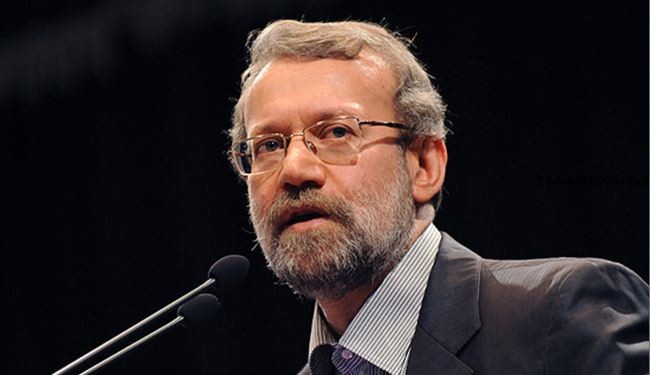
Speaker of Islamic Parliament Ali Larijani, along with the commander of IRGC Ground Forces Brigadier-General Ali Pakpour, paid a visit to the border regions of north-west of the country.
Fars news agency
♦ 3 satellites ready to be launched

Telecommunication Minister Mohammad Javad Azari Jahromi announced that currently there are three academic satellites ready to be launched. He added that necessary talks with Defense Ministry have been held, and the satellites will be launched whenever they say.
Azari Jahromi urged that naturally, they are after using domestic launchers for sending these satellites, adding that ‘we will follow the conditions of Defense Ministry, and at the same time, we have no restriction for using international launchers.’
Ebtekar
♦ Iran and Turkey Ambassadors meet in Iraq
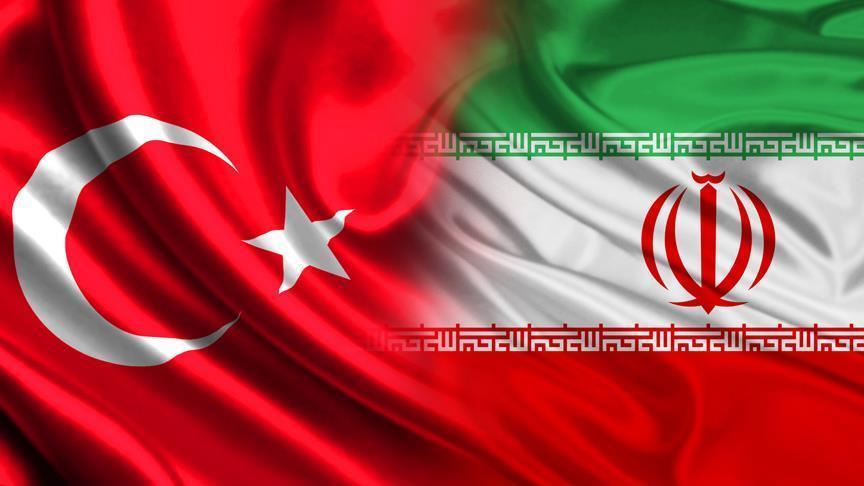
Iran’s Ambassador Iraj Massjedi and Turkish Ambassador Fateh Yildiz met in Baghdad to talk about current development in the region and Iraq. Both Iran and Turkey, in a coordinated reaction, have asked Masoud Barzani, president of Iraqi Kurdistan, not to hold the independence referendum as it will create challenges for the security of the region and future of Kurds in Iraqi Kurdistan.
Shorou
♦ Zarif meets Johnson to talk Iran-Britain interests

Britain’s Foreign Secretary Boris Johnson met with Iran’s Foreign Minister Mohammad Javad Zarif in New York to talk about issues of mutual interests. Foreign ministers of Iran and Britain talked about banking relations and consulate relationships between the two countries, regional issues and the nuclear deal. Britain’s Foreign Secretary stressed that London will strongly support the nuclear deal and its implementation.
Mehr news
♦ Rouhani demands growth in non-oil export
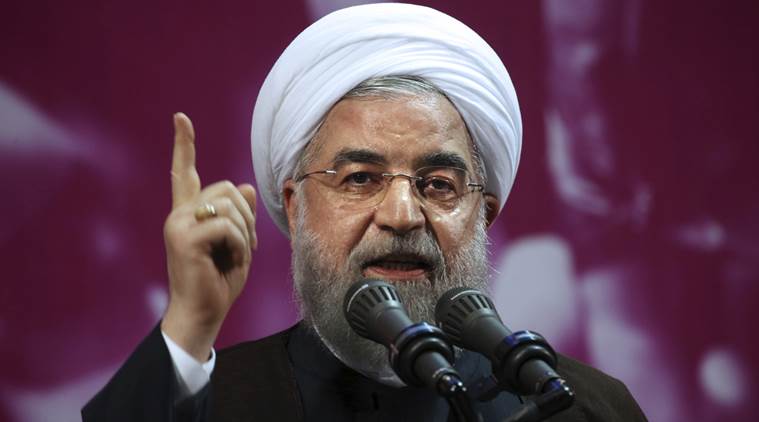
In his decree appointing Minister of Industry, Mining, and Trade, Hassan Rouhani has asked for 15% growth in exporting non-oil products during the 12th government. He adds, ‘The 12th government has a heavy responsibility because of plans offered to people during the presidential campaign and due to the plan presented to the parliament at the time of introducing the ministers.’ Rouhani urges that his government should be able to pass Iran through the big challenges accumulated in the country during the past several decades.
Abrar Eghtesadi
♦ 12 million Iranians live in absolute poverty
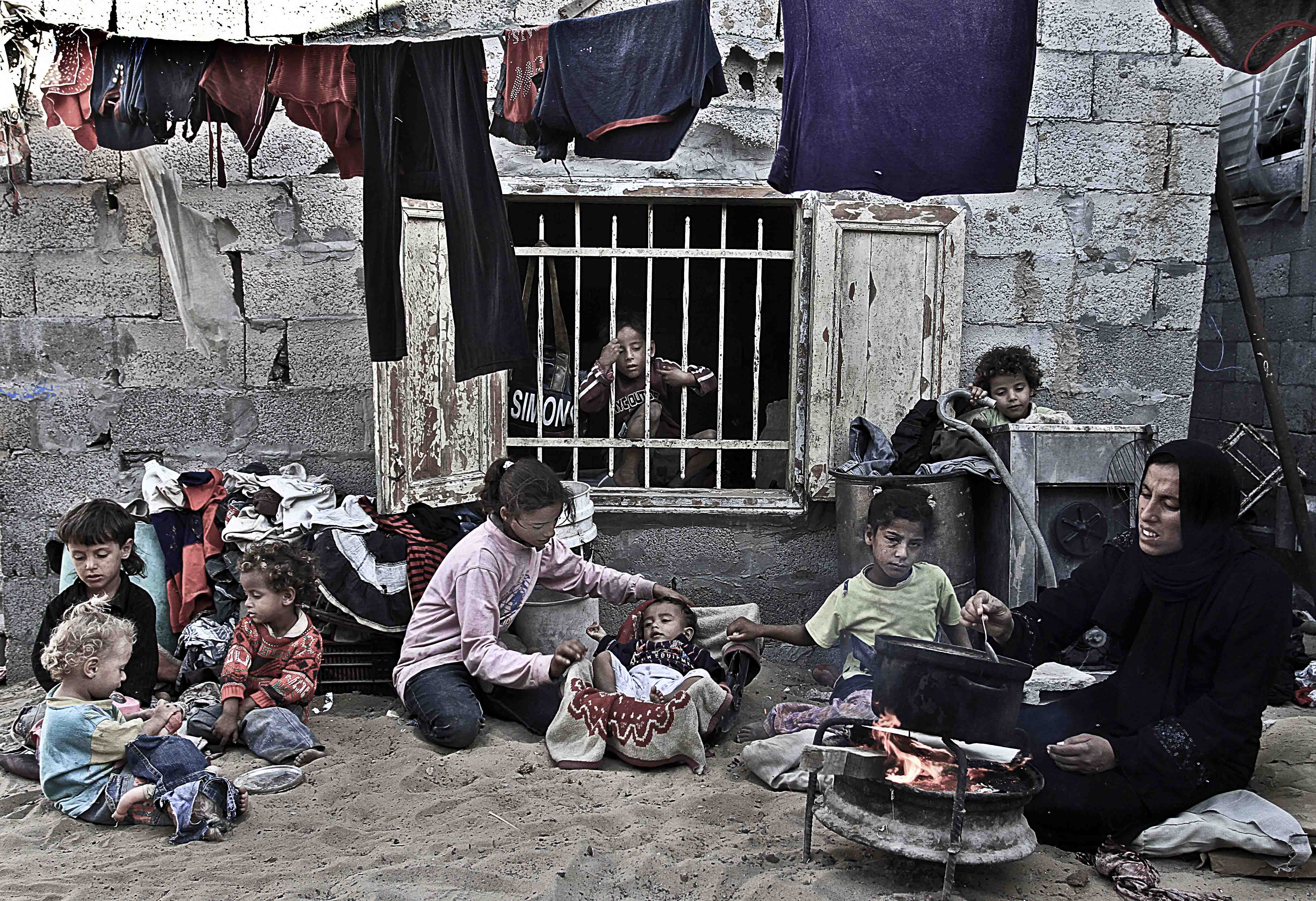
Head of Imam Khomeini Relief Foundation Parviz Fatah pointed out to the slogan of “uprooting poverty in the 12th government”, saying that this slogan has political, financial, and social consequences for the government. He added that currently there are 10 to 12 million people in absolute poverty in the country, and if the level welfare in the country is raised, 16 to 20 million people can be considered as living in absolute poverty.
Vatan Emrooz
♦ Human Rights in Iran are not imported product
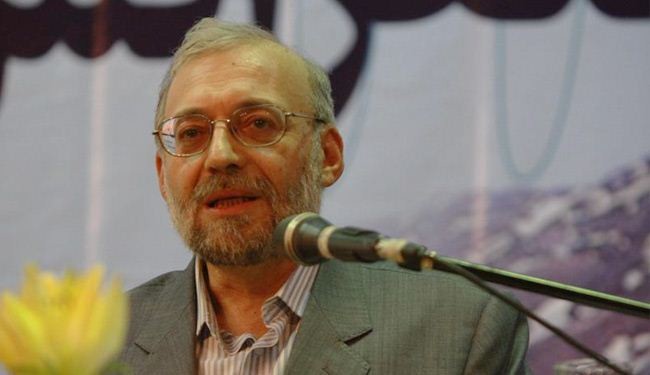
Head of Human Rights Headquarters Mohammad Javad Larijani said human rights in Iran are not an imported product. In his meeting with Siegfried Bracke, Head of Belgian Chamber of Representatives, they discussed issues of human rights under secular, liberal democracy and under democracy based on Islamic rationality. Also, issues such as freedom of expression, lack of discrimination before the law, unlawful arrest without judiciary warrant, the right to have access to a lawyer in both regimes, as well as issues related to execution and drugs were examined.
Mashregh news
♦ 47% of divorces occur in first 5 years of marriage

Head of Iran’s Welfare Organization Anushirvan Mohseni Bandpei pointed out to researches and studies regarding divorce, saying the conducted studies show 47% of divorces take place in the first 5 years of married life, which is why young women become in charge of families because of numerous problems after divorce, and 80% of them do not have any proper jobs.
He added that under such conditions, many programs are needed, and Welfare Organization which is in charge of supporting these women have taken some steps in this regard.
Arman Emrooz
♦ 3.3 million unemployed in Iran

Ali Rabiei, Minister of Cooperatives, Labor and Social Welfare, said currently there are 3,300,000 unemployed in Iran, adding that given that only 1,500,000 people can annually enter the job market, more jobs need to be created to decrease the rate of unemployment. Rabiei added that 75% of employment is in the service sector, urging that there is a need for revising these policies.
Afkar news
♦ The new U.S. measures are reckless and baseless!
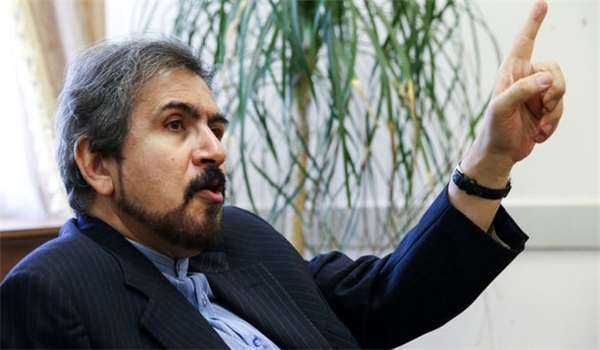
Spokesperson of Iran’s Foreign Ministry Bahram Ghassemi denounced new measures of U.S. Department of Treasury in putting sanctions against several Iranian citizens, calling them political, reckless, and baseless. Ghassemi pointed out to that in past years, U.S. has always launched cyber attacks against Iranian organizations and governmental centers, saying that ungrounded charge of cyber attacks against Iranian citizens is “irrelevant and pointless” and in contradiction with basic human rights of individuals to have access to free flow of information and cyberspace.
Spokesperson of Iran’s Foreign Ministry denied the charge of cyber espionage against Iranian citizens, adding that U.S. recent measures are in line with “continuation of the policy of Iran-phobia and fighting Iran which exists among the White House’s statesmen”.
ISNA
♦ Member of central council of Union of People Party arrested

Siavash Hatam, the member of central council of Union of People [Etehad Melat] Party, was arrested. Hojar Sharifi, one of Siabash Hatam’s close relatives, said the reason of arrests has been announced as measures against security and also a presence in illegal groups on Telegram channels. Sharifi says Siavash Hatam has not been active in any particular field at all for a while.
Shargh daily
♦ Iran willing to develop relations with Europeans

Hassan Rouhani in his meeting with Siegfried Bracke, head of Belgian Chamber of Representatives, said Iran is willing to use the created space after the nuclear deal to develop relations with EU including Belgium. Pointing out that Iran wants to develop its relations with EU, Rouhani emphasized that both sides can make the most of the present conditions in the interests of both nations.
Arman Emrooz
♦ Tehran-Moscow economic cooperation is not in desirable level
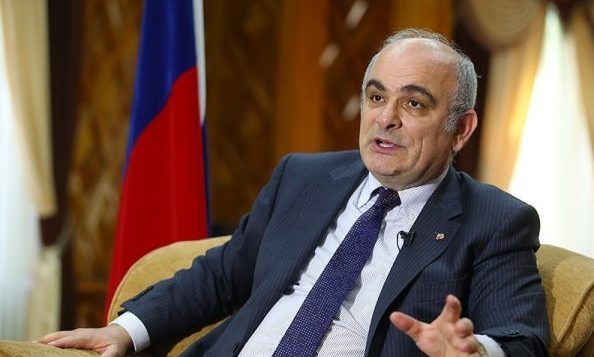
Levan Jagaryan, the Russian Ambassador to Russia, said economic cooperation between the two countries is not at a desirable level, calling for holding of economic joint commission between Iran and Russia soon. Jagaryan urged that Russia putting sanctions on Turkey provided a good opportunity for Iranian businessmen, which was not seized.
Aftab news
♦ Tehran is against Kurds’ independence

Ali Akbar Velayati, advisor to Khamenei in international affairs, said Tehran is against any ethnic division or independence in the region as it disturbs the security of the region. As to the upcoming referendum for Kurds’ independence, Velayati said Iraq’s legal government and the majority of Kurds who want an integrated Iraq are against it, adding that if the ethnic division of countries starts, there will be no end to it.
Vatan Emrooz
♦ Renting infants for 5 thousand Tomans per week!

Deputy to Welfare Organization Habibollah Massoudi Farid said that last year, 4 gangs of ‘renting infants’ were identified, and even some parents would give their infants to these gangs in exchange for money. Massoudi Farid added according to an agreement with judiciary system, those parents whose children are identified several times in relation to begging will lose custody of their children. He mentioned that 99% of working children live with their own families.
In this regard, Fatemeh Daneshvar, head of the social committee of Tehran’s City Council, said infants born to addict mothers are bought by such gangs, and in some regions, infants are rented for 5,000 tomans [a little more than one dollar] per week.
Arman Emrooz
♦ Postponing referendum with preconditions
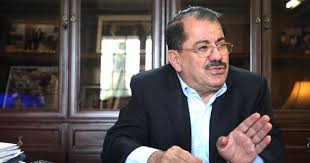
Nazem Dabagh, the representative of Iraqi Kurdistan in Tehran, said Barzani’s prerequisite for postponing referendum is holding it two years from now, with the supervision of international organizations. Meanwhile, there will be enough time for resolving current problems between Iraqi Kurdistan and the central government.
Nazem Dabagh urged that Barzani’s preconditions are very specific: supervision of international organizations, Britain, the U.S. over the process of referendum, Peshmerga forces remaining in regions which belong to Iraqi Kurdistan and are disputed, opening doors of dialogue between both sides with respect to budget, oil, and the constitution, and independence of oil for this region.
Sobh-no
♦ Differences between countries around the Caspian Sea not resolved yet!

Abbas Araghchi, deputy to Iran Foreign Minister, said differences between 5 countries that share coastlines of Caspian Sea over dividing resources of this sea are not resolved yet. According to Araghchi, issues related to marine territories both under and over the surface of the water are various and complicated, preventing an agreement over the legal regime of the Caspian Sea.
In past three decades and after the collapse of Soviet Union, Iran and 4 countries of Russia, Republic of Azerbaijan, Turkmenistan, and Kazakhstan have not been able to reach an agreement over determining the legal regime of the Caspian Sea.
Radio Farda
♦ Erdogan to go to Tehran
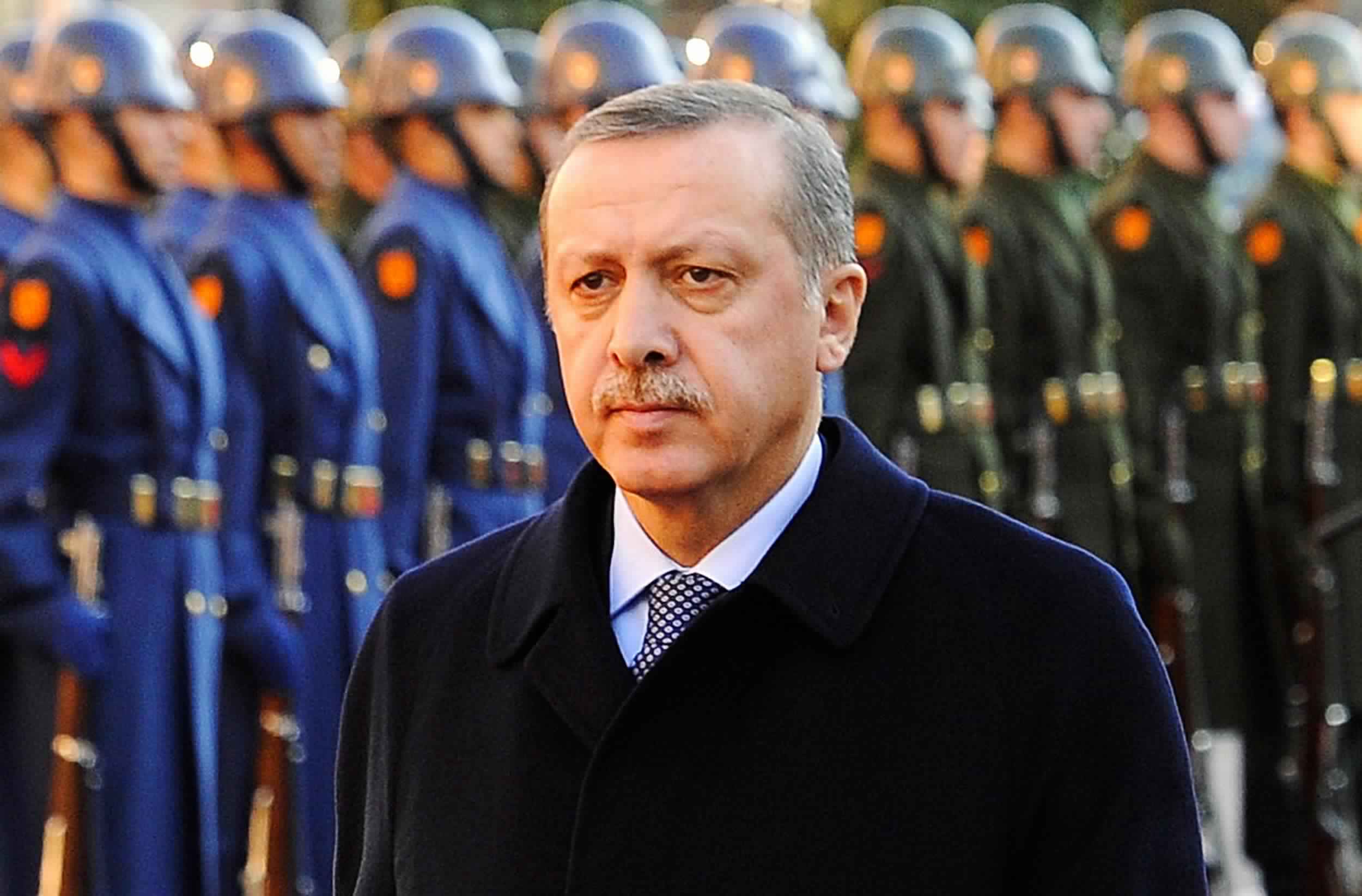
Turkish President Recep Tayyip Erdogan said in an interview with Turkish media that he is going to go to Tehran on October 4 to take part in a strategic, bilateral summit in the level of high-ranking officials. He added that in this trip, issues related to the possible joint operation against Kurdistan Workers’ Party (PKK) will be discussed with Iranian officials.
Erdogan emphasized that Iran’s position with respect to the necessity of preserving Iraq’s unity and integrity is similar to Turkey.
ISNA
♦ $10 billion contracts between China and Iranian banks
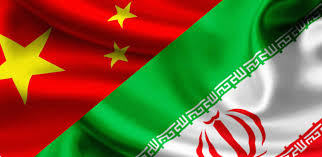
Governor of Iran’s Central Bank Valiollah Seif said a $10 billion contract was signed between Iranian banks and China CITIC Bank International, adding that this agreement was finalized in Beijing after a long period of cooperation and consultation between experts Central Bank and foreign investor organization. Seif emphasized that this contract can prepare the ground for implementation of big projects in Iran.
Ebtekar
♦ Afghan companies invest in Chabahar

Governor of Kandahar Province in Afghanistan Zalmai Wesa said given the importance of Chabahar port, more than 160 Afghan companies have made a strategic economic investment in this port. Zalmai Wesa stressed that given that Chabahar’s strategic location connected to ocean’s waters and its closeness to Afghanistan, Chabahar port has a significant, vital role in the economic and commercial development of Afghanistan.
Abrar Eghtesadi
♦ 2 earthquakes shook Khorasan
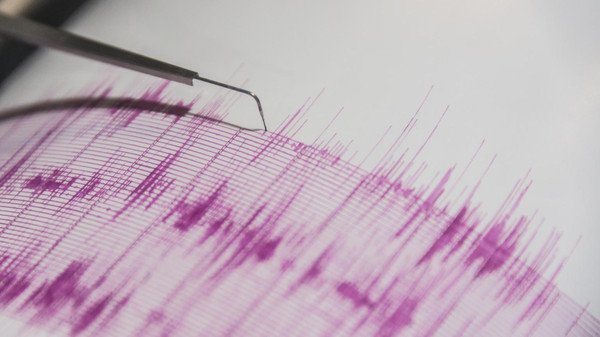
Two earthquakes rocked Yekeh Saood village in North Khorasan province. Both quakes took place close to the border of Iran and Turkmenistan with the magnitude of 3.8 in depths of 10 and 12 kilometers.
Jomhouri Eslami
♦ Keeping Bashar Assad is Iran’s red line
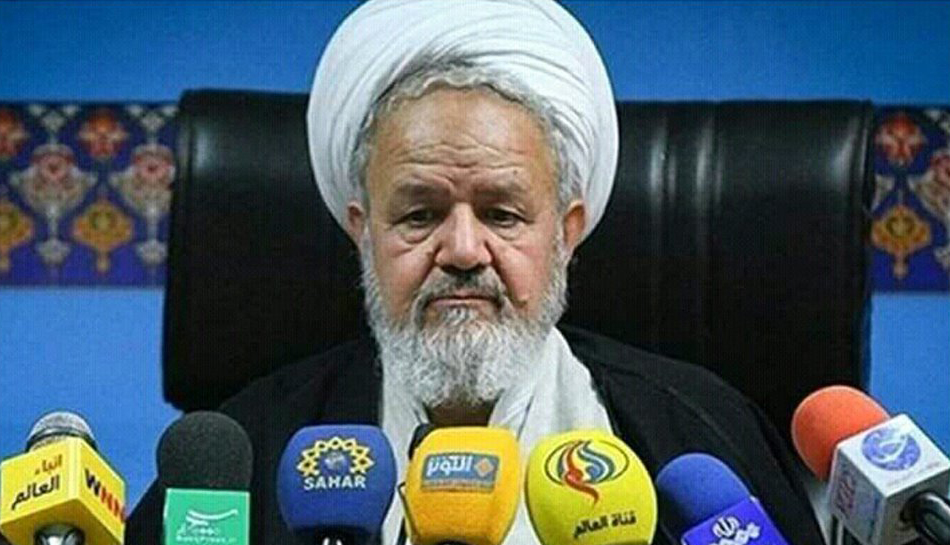
Khamenei’s representative in IRGC Ali Saeedi said the ‘supreme leader’s intelligence’ in western Asia changed the threat against the Islamic revolution to opportunities. Ali Saeedi stressed that ‘the enemy tried to separate Syria from Resistance Front, but today Syria and Iraq are at the service of Islam.’ He stated that Iran has four red lines in Syria: defending the shrine, preserving Syria in Resistance Front, independence, and territorial integrity, and keeping Bashar Assad [in power].
Entekhab
